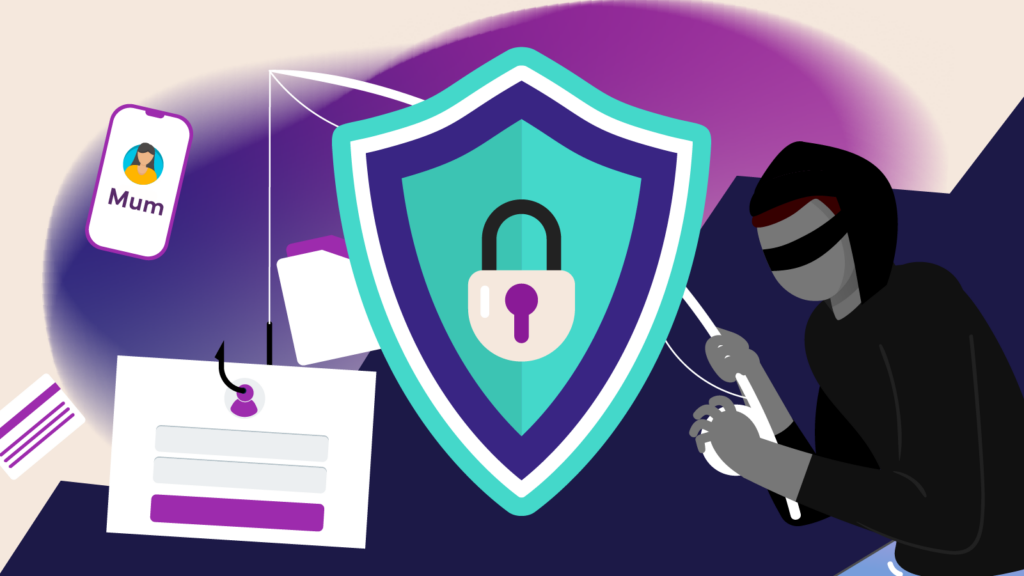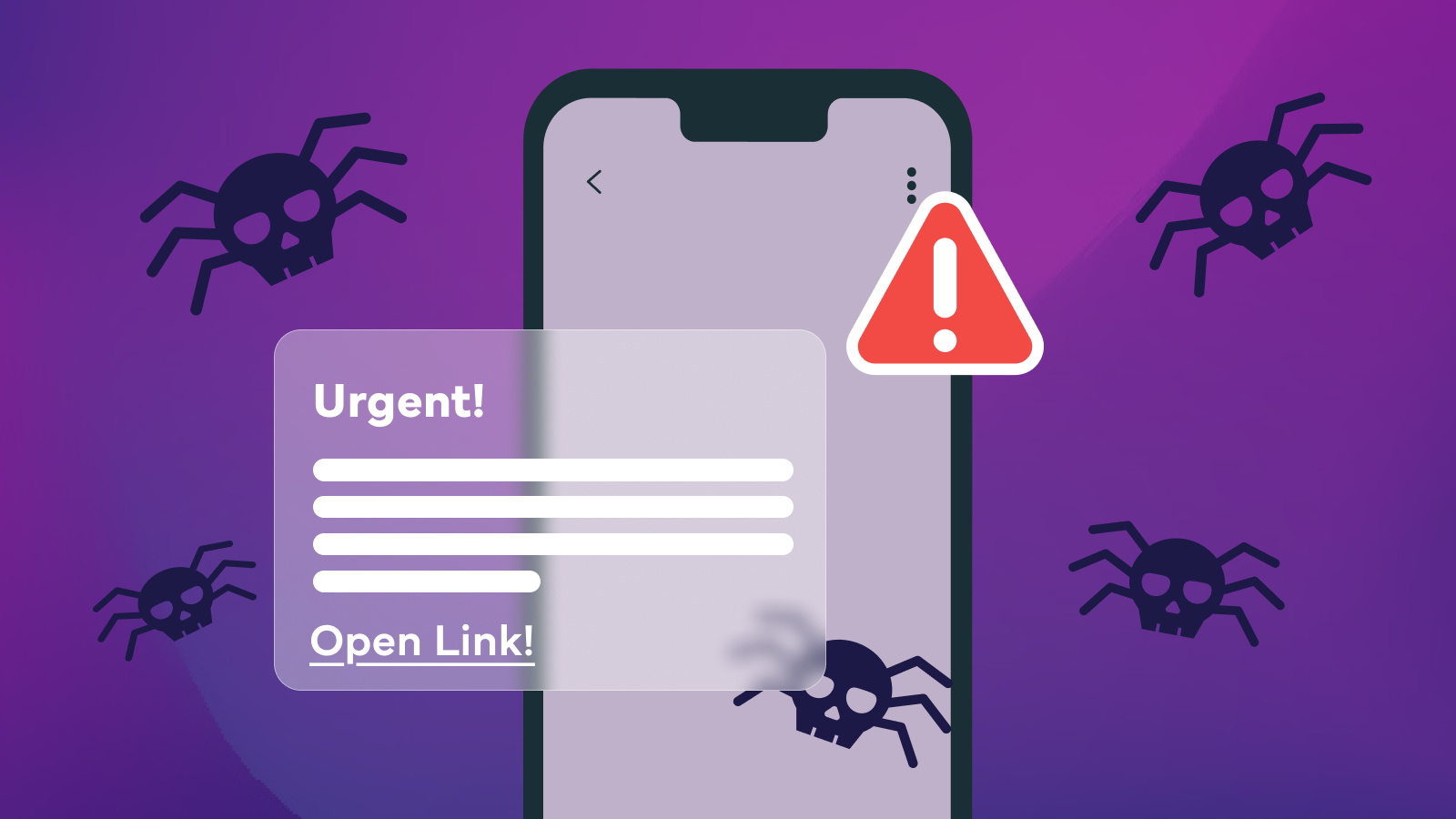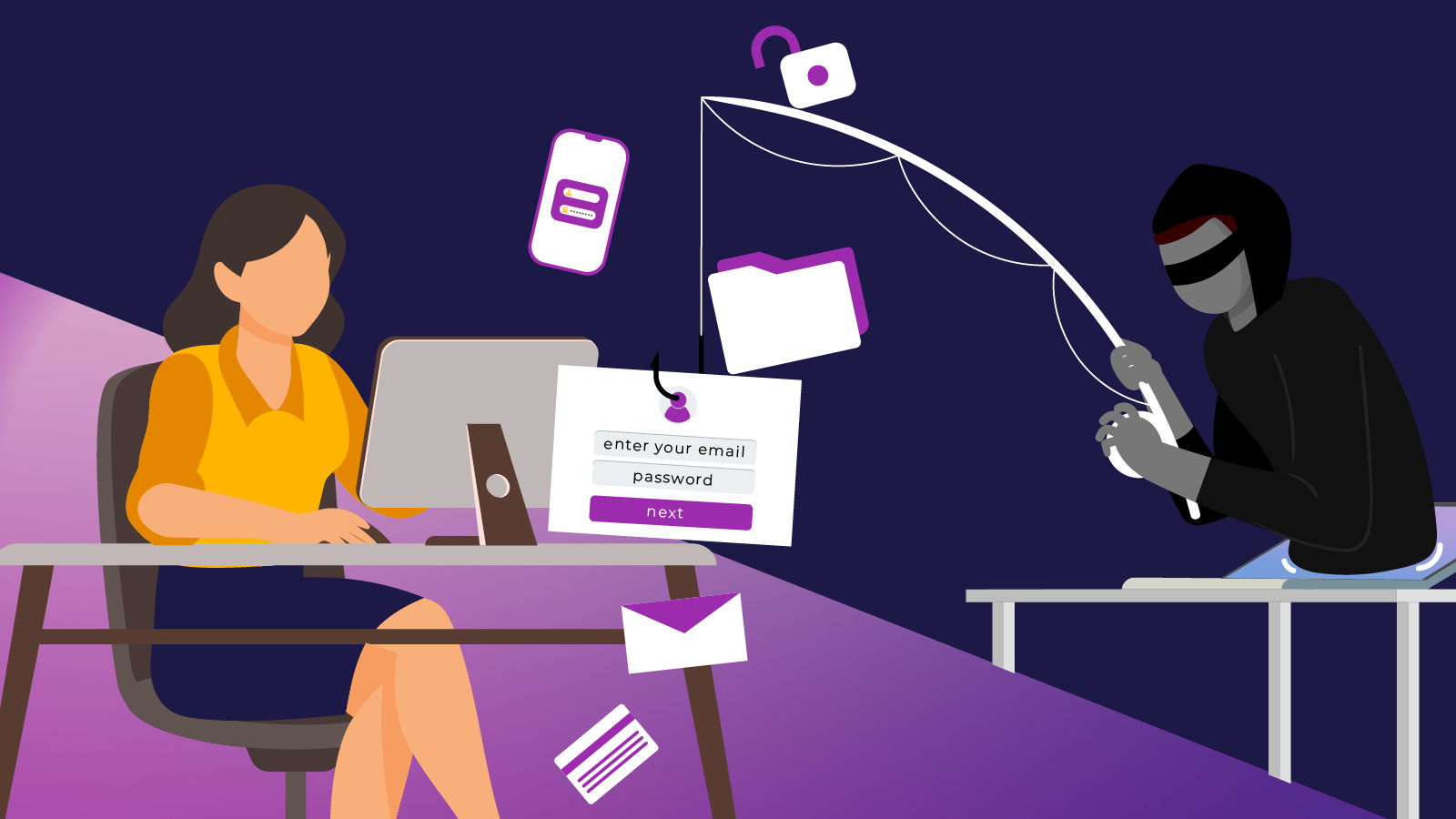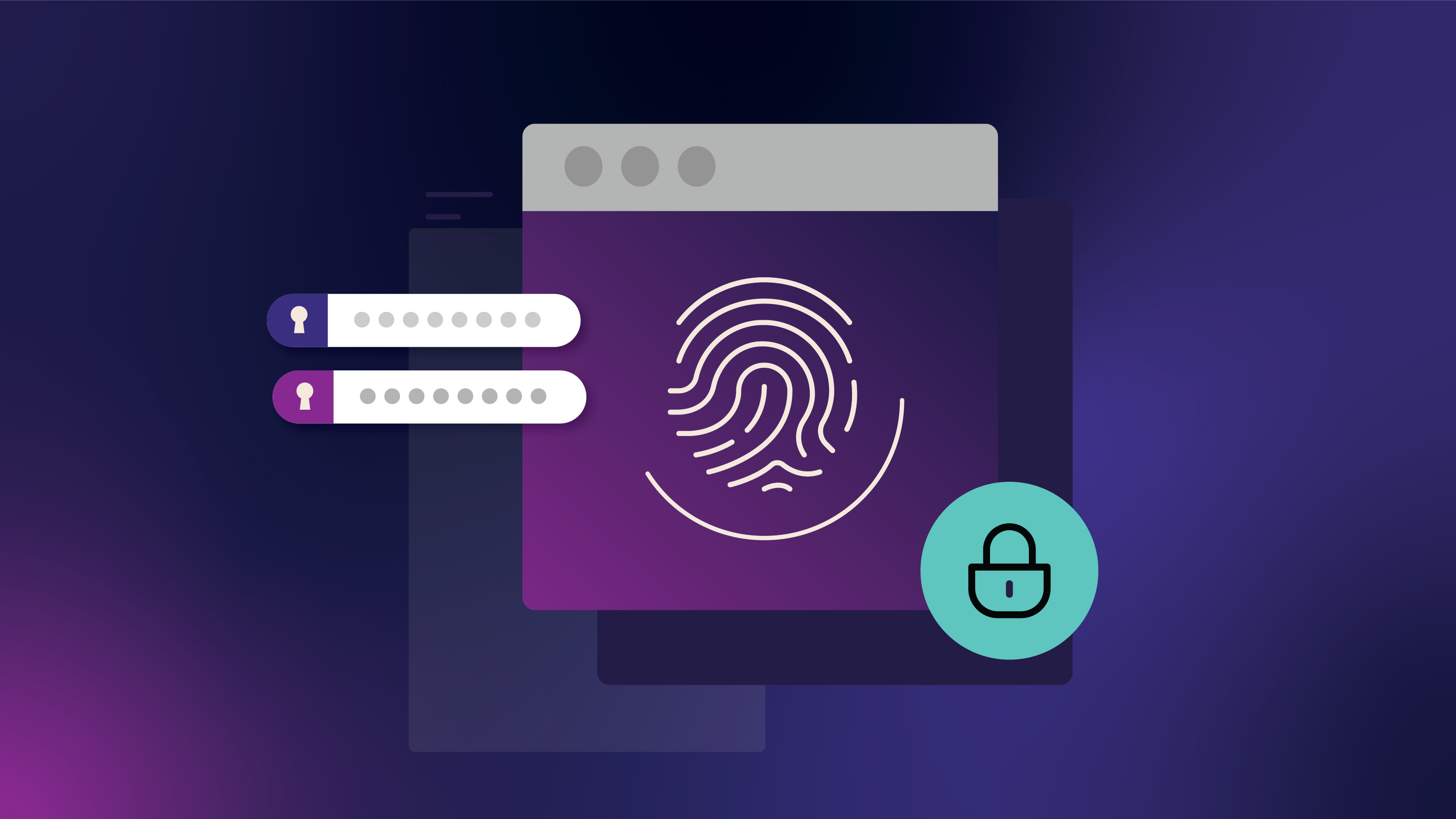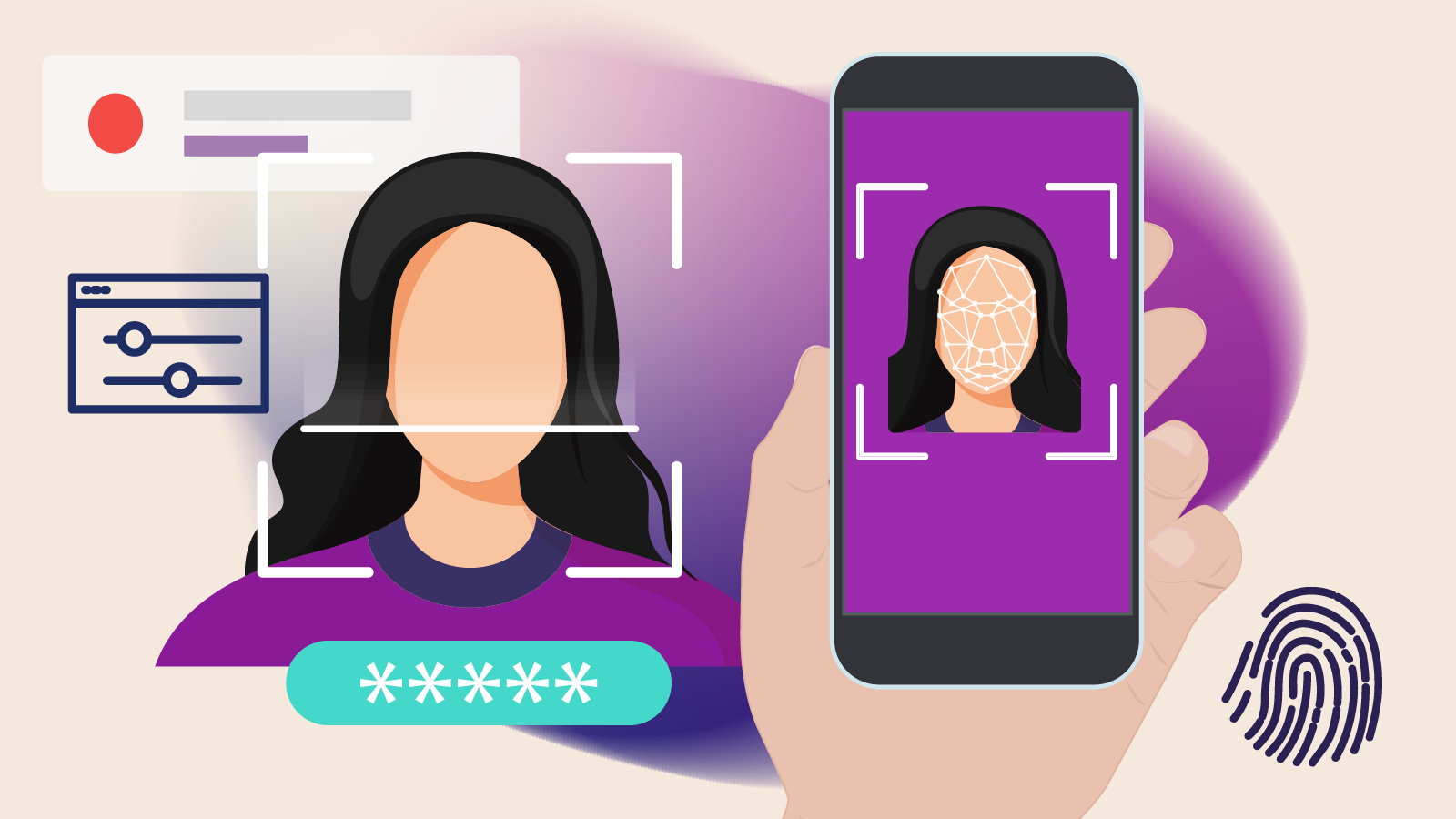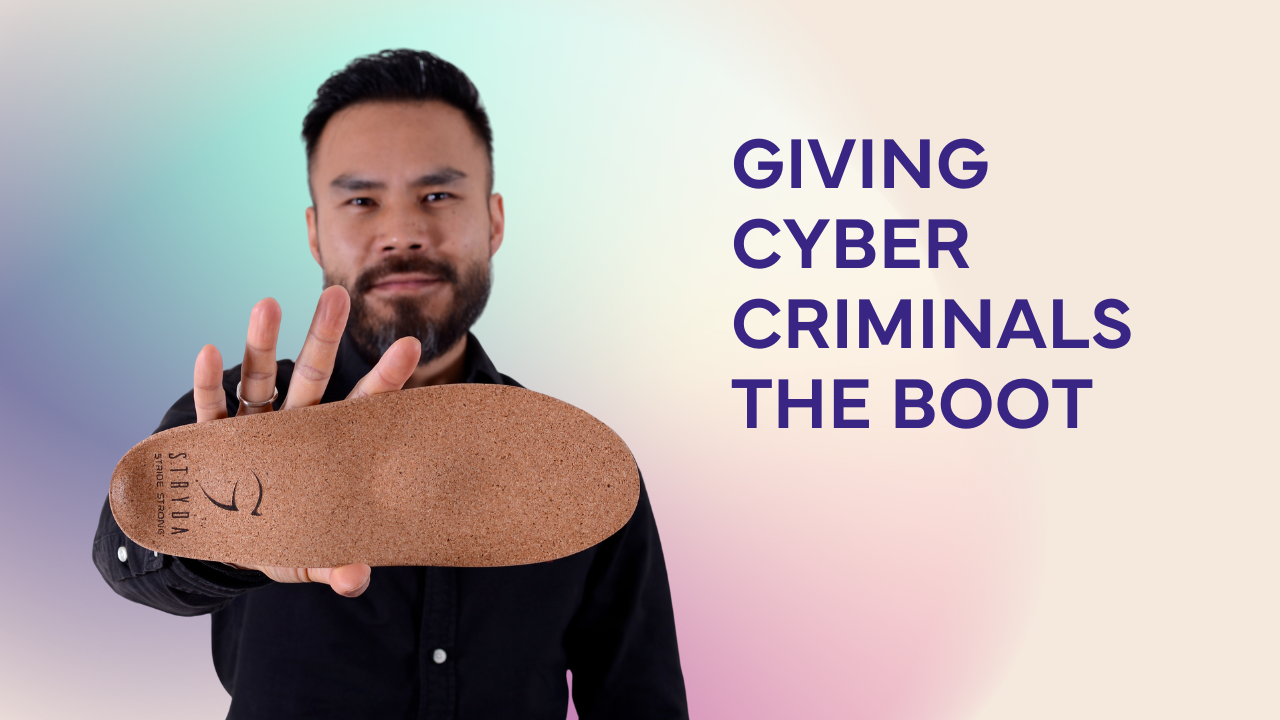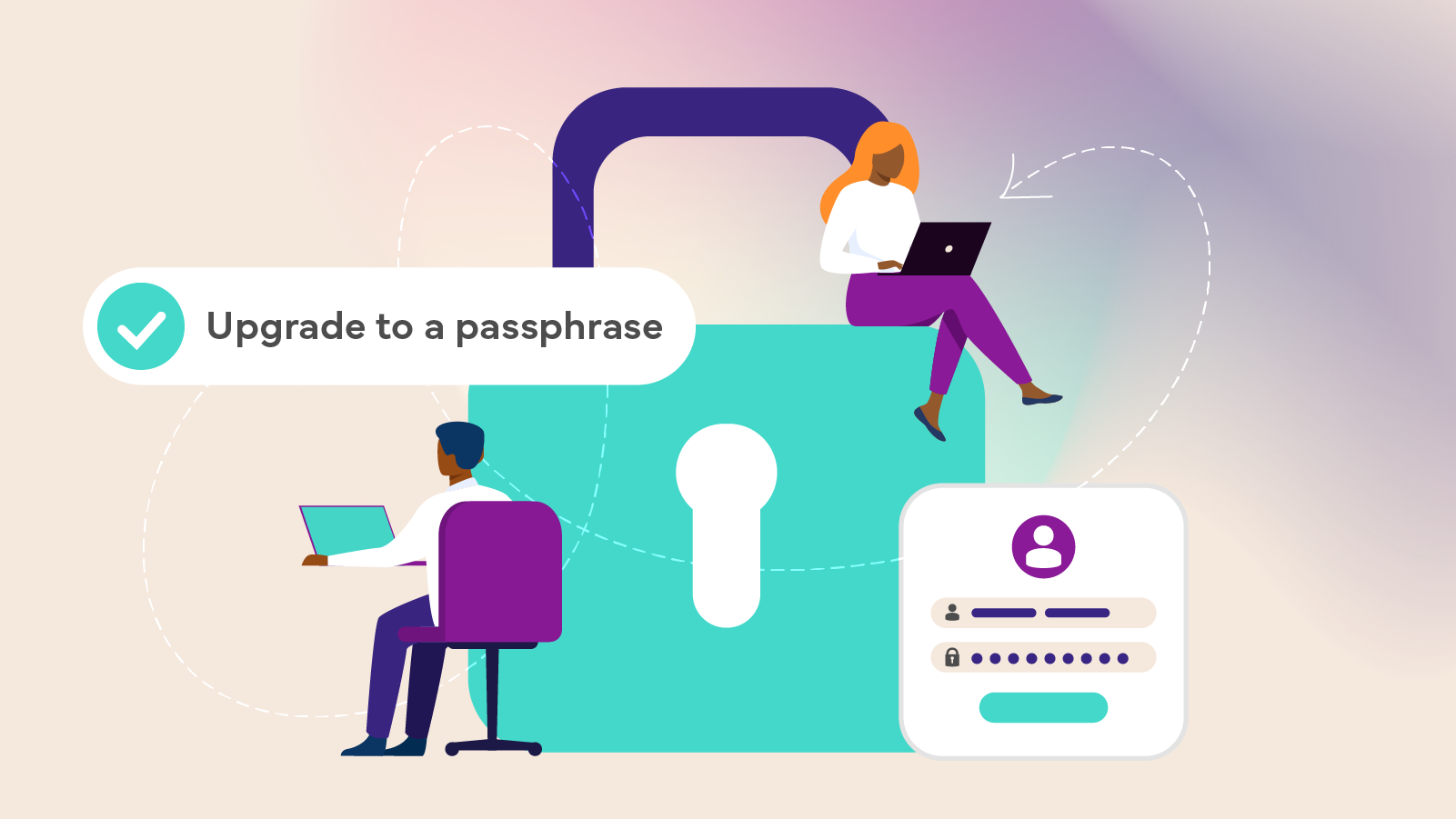Social engineering is a psychological manipulation technique where cyber criminals exploit human emotions and behaviour to breach security systems.
Unlike traditional hacking that targets technical vulnerabilities, social engineering attacks manipulate people into revealing sensitive information or taking actions that compromise their safety. It’s essentially a con game played in the digital realm, where human trust becomes the weakest link in security.
Luckily, there are some practical, actionable steps you can take to protect yourself from social engineering attacks:
1. Be cautious with personal information
Cyber criminals are digital detectives, collecting fragments of your life from social media, blogs, and public records. The less information you share, the harder it becomes for them to craft convincing attacks.
Tip: Lock down your social media profiles and think twice before posting personal details like birthdays, addresses, or family information.
2. Verify unknown communications
Unexpected emails or messages requesting personal information should always raise red flags. Legitimate organisations will never pressure you into immediate action.
Tip: Never click links or download attachments from suspicious sources. Instead, contact the organisation directly using official contact information.
3. Enable multi-factor authentication (MFA)
Multi-factor authentication creates an additional security barrier and makes it virutally impossible for cyber criminals to break into an account. Even if attackers obtain your password, they’ll need a second verification method to access your account.
Tip: Activate MFA on all critical accounts, like email, banking, social media, and work platforms. Use authentication apps for enhanced security.
4. Recognise red flags
Learn to spot potential social engineering attempts:
- Urgent or threatening language
- Suspicious links
- Grammatical errors
- Unsolicited requests for sensitive information
Tip: If communication feels off, trust your instincts. Verify before acting.
5. Continuous education
Knowledge is your best defence. Stay informed about emerging cyber threats and share your understanding with others. The free Cyber Wardens courses are a great place to start.
Tip: Advocate for cyber security training in your workplace and personal network. If you own a small business or manage a team, ensure all your team members have completed cyber training.
6. Handle unsolicited calls carefully
Legitimate organisations won’t demand sensitive information over the phone. Be prepared to disconnect and verify.
Tip: If it’s a scam, the attacker will likely avoid direct contact or will be uncooperative when asked to verify their identity. Hang up and call back using official contact numbers from verified sources.
Conclusion
The digital world is increasingly complex, but with awareness and proactive strategies, you can significantly reduce your vulnerability to social engineering attacks.
